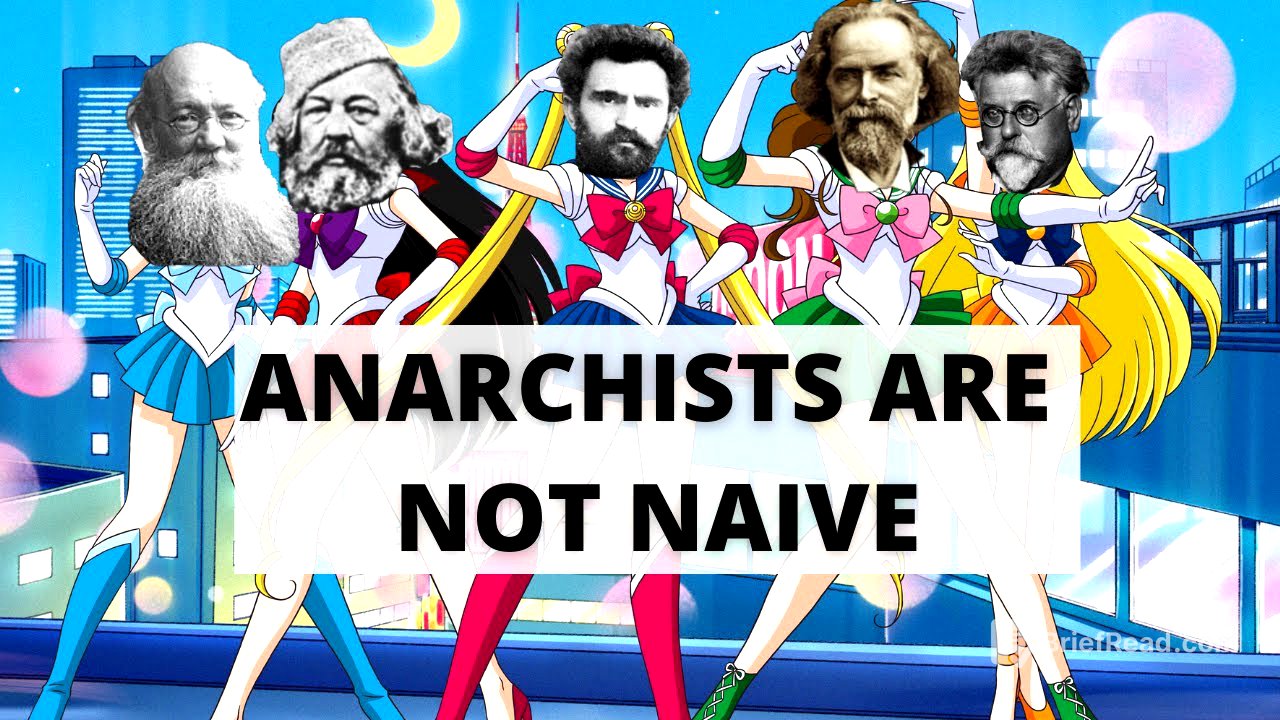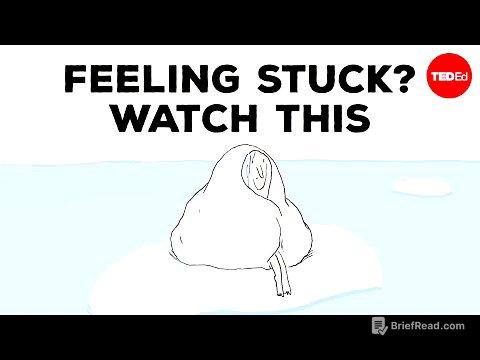TLDR;
This video explores the nuanced understanding of human nature held by 19th and early 20th-century anarchists, contrasting it with the common misconception of anarchists as naive optimists. It covers key aspects of the anarchist view:
- Human nature is not static but evolves through practice and social context.
- Humans possess both cooperative and competitive tendencies.
- Hierarchical structures like capitalism and the state exacerbate negative human behaviors.
- Anarchism proposes horizontal, free associations to prevent institutionalized oppression.
Introduction: Anarchists and Human Nature [0:02]
The video addresses the common misconception that anarchists are naive optimists who believe humans are inherently good. It argues that historical anarchists actually possessed a sophisticated understanding of human nature, acknowledging both its positive and negative aspects.
The Constant and Evolving Aspects of Human Nature [0:27]
Anarchists believed that certain fundamental characteristics are common to all humans across societies due to basic human biology. These include basic needs such as food, shelter, reproduction, and defense. However, they also recognized that human nature is not static. Like all species, humans are subject to evolutionary change. Anarchists distinguished between innate characteristics and how these are developed within specific historical and social contexts, influenced by human activity or "practice."
The Role of Practice in Shaping Human Capacities and Drives [3:06]
Human activity, or "practice," is a key process that modifies and develops innate human characteristics. Engaging in activities to satisfy drives changes both the world and the individual. Capacities and drives vary across social and historical contexts, leading to diverse human experiences. Even universal drives, like the need for water, are expressed differently based on social and individual factors. The ability to acquire language, for example, allows for the development of many specific languages.
Limits and Diversity of Human Potential [6:31]
Anarchists believed in the infinite variations of human potential within the limits of our innate characteristics. While humans cannot transform into anything they want, the scope of development is vast. As physical beings, humans are subject to the laws of their physical existence, which cannot be altered by will.
Struggle and Cooperation in Human Behavior [7:41]
Humans are social animals with tendencies towards both struggle and cooperation. Negative passions like the desire to dominate coexist with sympathy and love. History reflects both violence and exploitation alongside mutual aid and affection. Anarchists like Kropotkin recognized both aspects, with mutual aid being one factor among several in evolution, not the sole factor. Sociability is as much a law of nature as mutual struggle.
The Interplay of Domination and Cooperation [11:47]
Anarchists understood that domination and cooperation are not mutually exclusive; people can cooperate to dominate. Institutions based on domination are often reproduced through cooperative social relations. For example, workers cooperate in capitalist businesses, even though they are subject to exploitation. Anarchists were aware of both the positive and negative aspects of human behavior, citing examples of cooperation and domination within societies.
The Impact of Environment on Human Behavior [13:56]
The extent of domination or cooperation varies depending on the environment and forms of practice. Oppression and exploitation are not inherent in human nature but arise from social structures. Social wrongs stem from institutions, not individual wickedness. The solution lies in dismantling the principles that allow domination.
Critique of Hierarchical Structures [15:33]
Capitalism and the state are viewed as hierarchical structures with a division between those who command and those who obey. Decision-making flows from top to bottom, with the majority lacking real power. Rulers are corrupted by their power, developing contempt for the masses and an exaggerated sense of self-worth. Hierarchical systems bring out the worst in people, enabling atrocities.
The Anarchist Alternative: Horizontal Free Association [20:39]
Hierarchical institutions should be replaced with horizontal, free associations among equals. While individuals with oppressive tendencies will still exist, they will lack institutionalized power to exploit others on a large scale. The goal is to create a social environment where no one has the power to dominate others.
Challenging the Naivete Accusation [22:00]
Anarchists argue that defenders of hierarchy are the ones who are naive. Authoritarians believe that good people in power can bring emancipation, but anarchists recognize that power corrupts. If humans are imperfect, no one is good enough to be a ruler.









